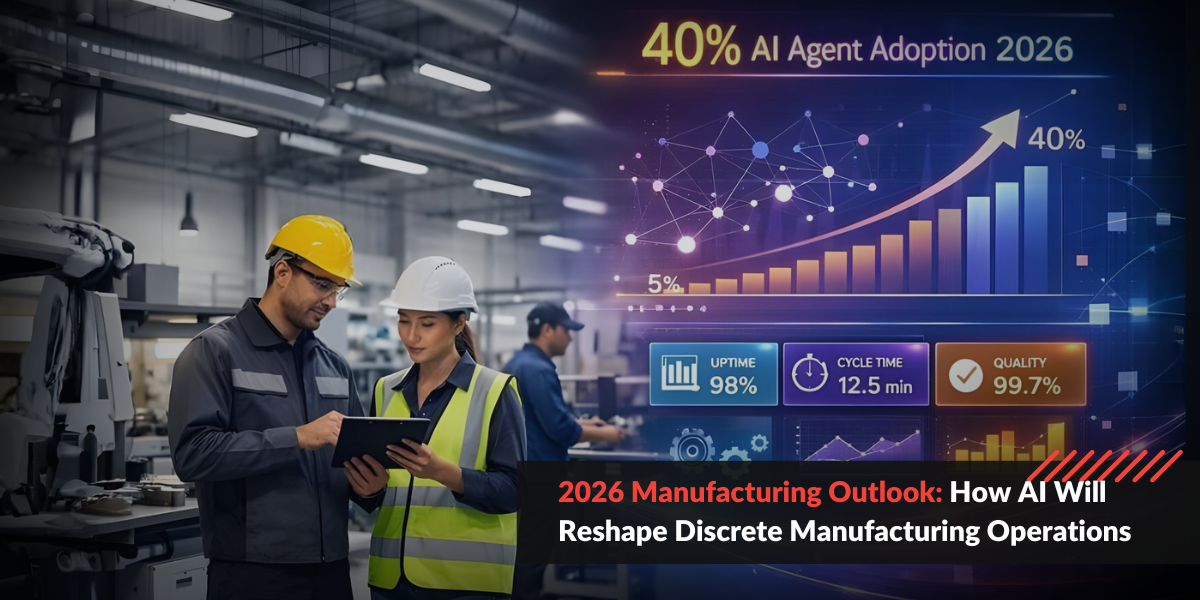Let’s dive straight into the problem – bank and mortgage brokers don’t have the best customer relationships. This is due to the fact that their mortgage origination processes are tedious and time consuming. The whole set up is in dire need of Intelligent Process Automation (IPA) that leverages Artificial Intelligence (AI) and Robotic Process Automation (RPA). A study by McKinsey and Company has revealed that over the past ten years banks have been losing business to non-depository loan originators, who have doubled their market share from 25% to 50%.
Only half of bank customers were happy with their bank due to their mortgage origination and refinancing processes. Customers today are demanding faster services from their banks; they expect the complete application instantly. In the event that they have a presiding relationship with the lender, they even go so far as to expect the lender to implement the financial information themselves as opposed to being asked for additional documentation. Naturally on the flipside borrowers also expect a swift conditional decision and speedier time to close.
Banks mortgage processes can significantly benefit from the implementation of IPA. Intelligent automation can play a huge role in improving the speed and accuracy of a number of repetitive processes. Let’s take a look at a few ways in which AI can directly impact banking and mortgage proceedings.
- Enabling Hyperautomation for Mortgage Processing
Mortgage processing can profit greatly from intelligent automation. Typically, with the rolling out of Robotic Process Automation (RPA) – IPA without the AI element – banks can often find that it falls short of the mark. It is unable to handle the burden of processing unstructured content and the mortgage process has huge volumes of such content.
This is where hyperautomation comes in, essentially automation that has an AI element in the mix. By using NLP and Machine Learning (ML) to understand documents in the same way a person can banks are able to automate the extraction of information to be used in downward mortgage processing tools. Such capabilities can also assist in having information extracted and set into predefined formats for applications to access and process instantaneously.
- Cutting the Time to Process by 85%
Adopting intelligent automation is imperative if banking establishments wish to maintain a competitive edge. IPA is equipped with a number of supporting technologies such as Natural Language Processing (NLP) that can help it sift through and extract information from mountains of data. With such a powerhouse of an automated data processing system you can reduce process cycle time by 85%, which is exactly the kind of competitive edge that you need to stay in the game.
- Credit Underwriting and Loan Closing
Another stage in loan approval is evaluating applicant data and deciding whether the loan should be sanctioned. This is a time-consuming step that entails inspecting a number of individual documents before making a decision. Using AI/IPA solutions to collate all of these documents in an easy to cross-reference format can save a lot of time and effort in an otherwise manually-intensive task.
The last step from the customers perspective is getting in touch with the agent in charge and signing off on the documents that make the loan official. These documents again require human intervention, but having an IPA solution in place would mean they can be automatically generated depending on the specific documentation needs for a loan of any nature.
- Evaluating Credit Circumstances
To evaluate a customer’s credit worthiness manually is a very labor-intensive task. This is because it entails first gathering a long list of documents, going through them to extract the needed information and then manually entering all of that information into a pre-structured spreadsheet in order to create one consolidated source of information.
This is another process that is a good candidate for intelligent automation. RPA is limited to structured content and rule-based processing. It cannot handle such unstructured content, but the advent of AI has made it possible to automate such tasks for processing any type of unstructured content. IPA solutions enable automate of evaluating credit-worthiness and automation of processes from end-to-end from initial understanding and processing documents, extracting relevant, structured data, feeding it downstream for evaluation and communicating the final result to the relevant person.
- Gathering Customer Data
Customer data needs to be gathered from various sources before any proceedings can begin with regards to acquiring a mortgage. Documents such as W-2s, pay stubs, identification, real estate bills, insurance forms and more are all just the start of a mortgage. Despite initiatives that allow customers to input all of this information online, the real slow down happens when the lender has to manually sort through all of this information. Implementing an IPA solution can automate this process and pull out the relevant data quickly and accurately.
Take a look at How IPA Can Be A Game-Changer for Modern Businesses and gain inspiration from Understanding the Full Impact of IPA for Businesses.
If you’d like to explore opportunities where your business can benefit from commercial RPA and IPA implementations for hyperautomation, the RAP team would be glad to help. Our next-gen, AI-powered content intelligence platform RAPFlow enables full lifecycle AI orchestration on a single platform. When used in tandem with our RPA solution RAPBot, it provides end-to-end workflow automation capabilities that can be deployed in just weeks. You can even build your own use case and the platform can easily integrate with your existing systems. Book a demo to get a more detailed understanding of how our products can transform your business.




